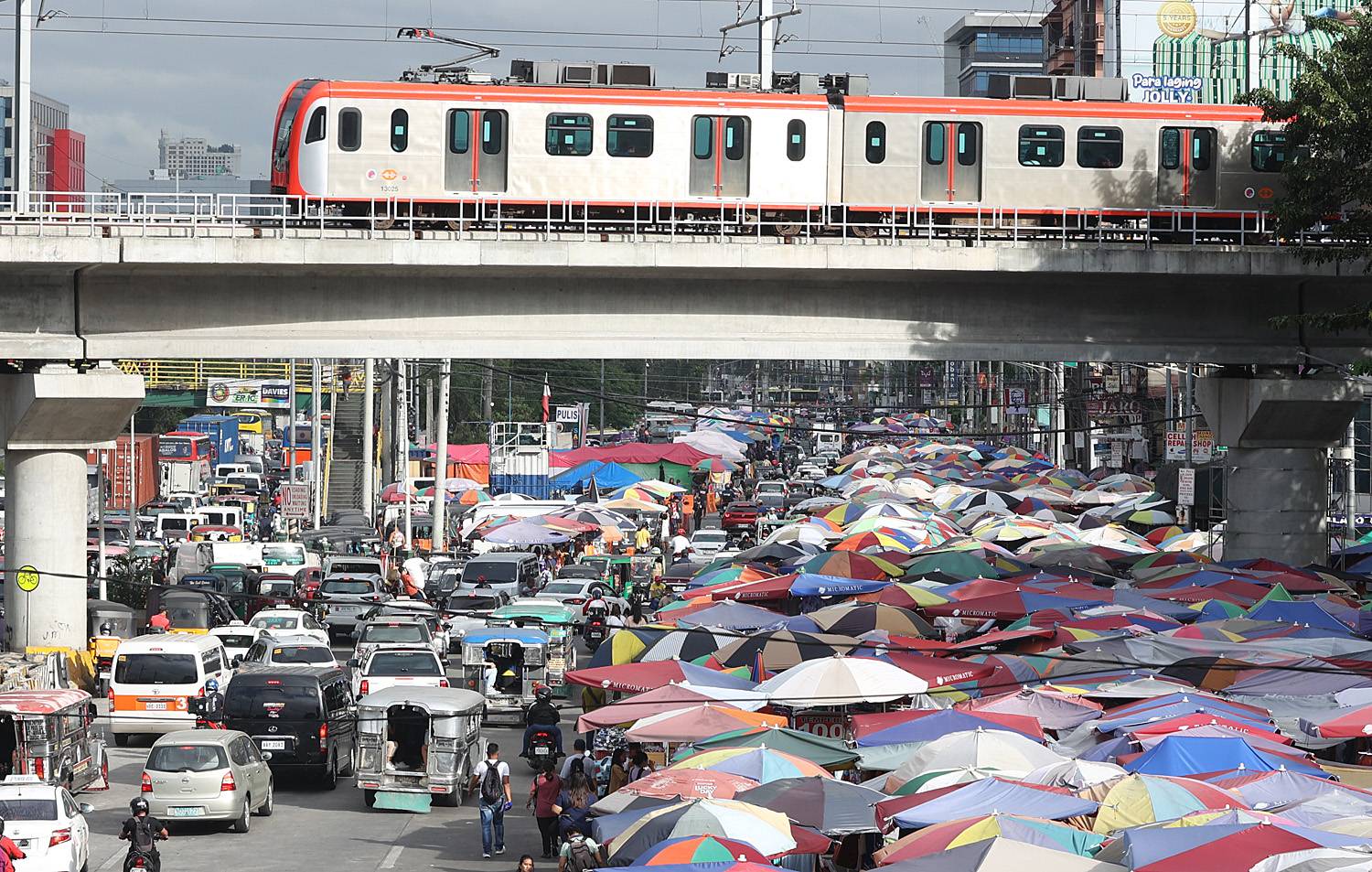Houses approves magna carta for informal ambulant vendors

The House of Representatives approved the Magna Carta for Informal Ambulant Vendors on Monday, aimed at protecting street sellers from being deprived of their means of livelihood.
On Monday’s plenary session, 196 lawmakers voted for House Bill No. 11337, while three opposed the measure, which provides rights to informal ambulant vendors by ensuring they have access to social protections and security of tenure, so they can have stable livelihoods.
Gabriela women’s party-list Rep Arlene Brosas, who rejected down the bill, asserted that the measure was “vague” and “unsubstantial,” noting that the only concrete social protection guaranteed by the measure for ambulant vendors was their eligibility for Social Security System loans.
Brosas further questioned the composition of local interagency councils regarding the security and protection of registered informal ambulant vendors. The councils would mostly consist of people in authority, including members of the Philippine National Police who mostly drive away and displace street vendors.
HB 11337 will require local government units to establish interagency councils to address the safety, welfare, and socioeconomic inclusion of ambulant vendors, who will be given a chance for legal recognition through formal registration with the locality.
Similarly, the local governments would be tasked, in consultation with the interagency council, to conduct surveys to identify suitable vending sites that are safe, accessible, and conducive to business.
The draft measure further aims to protect informal ambulant vendors from unjust eviction or demolition of their stalls without due process. In cases where relocation is needed, LGUs are tasked to provide temporary vending areas.
Registration
HB 11337 defines “informal ambulant vendors” as persons who “sell goods or offer non-professional services without a fixed business location, moving from place to place, typically use portable means like carts or stands, and operate in public spaces, such as streets and parks.”
All informal ambulant vendors must register with the city, municipality, or barangay where they plan to sell or intend to sell their goods as required by the bill.
They will only be required to present a valid government-issued ID card; certification from the barangay captain attesting that the informal ambulant vendor is a resident of the barangay; a certificate of indigency; and the duly accomplished registration form indicating the vending site.
The bill states that informal ambulant vendors have the right to renew their registration; security of tenure in the designated vending place; social protection and safety nets; labor market programs; and social welfare interventions such as social security, health care, and insurance.
It further provides that registered informal ambulant vendors shall not be arbitrarily deprived of their vending sites or their stalls demolished without due process of law. Until a viable vending site is designated, vendors who occupy a public place that has not previously been designated as a vending site shall be provided with a viable temporary vending site by the city or municipal government.
“The removal of informal ambulant vendors from their designated vending sites shall be done with due process and no violence, demolition, destruction, or confiscation of the property and goods of registered informal ambulant vendors,” the bill states.

















